On December 3rd, a Delta Airbus A330-300 rejected its takeoff at Amsterdam Schiphol Airport after its brakes overheated. The flight, DL-57, was heading from Amsterdam to Salt Lake City. The plane started its takeoff roll on runway 36L but stopped shortly after. It left the runway and stopped on the taxiway for about 40 minutes. After cooling down, the aircraft took off again, arriving in Salt Lake City just 25 minutes late.
Overheated brakes pose a serious issue for aircraft. Brakes must absorb large amounts of energy during landing and takeoff. Overheating can cause them to lose effectiveness or even fail completely. Delta’s A330s undergo regular checks to ensure safe operation before departure. In this case, the brakes overheated during the takeoff roll, prompting the crew to act quickly.
Brakes overheat for various reasons, such as long taxiing or fast taxiing. Wide-body aircraft, like the A330, often face brake temperature spikes after long periods on the ground. Cooling brakes can take up to an hour. Although the issue got resolved, it shows the dangers of overheating. Overheating can lead to a loss of braking power or fire hazards in extreme cases.
Rejected takeoffs, especially at low speeds, happen often in aviation. Pilots reject takeoffs when they detect problems like overheated brakes or other malfunctions, especially before reaching 80 knots. Although rare at high speeds, rejected takeoffs are crucial for safety. They happen when the aircraft may not fly safely.
Delta operates a large fleet of A330s. This incident reminds us of the importance of regular maintenance and monitoring of aircraft systems. Fortunately, this issue didn’t affect the overall flight, and the aircraft completed its journey to Salt Lake City safely.
Related stories:
Catch up on the top stories and travel deals by subscribing to our newsletter!

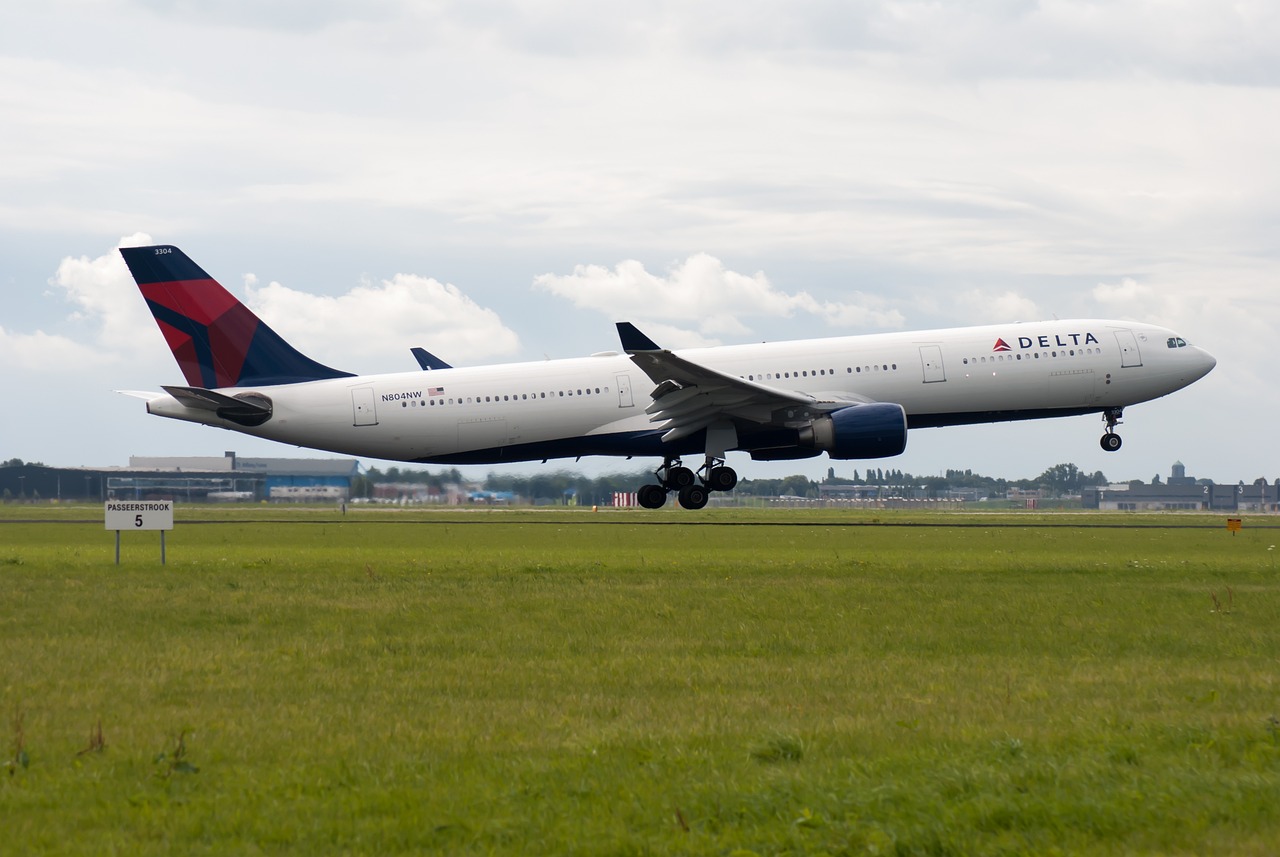

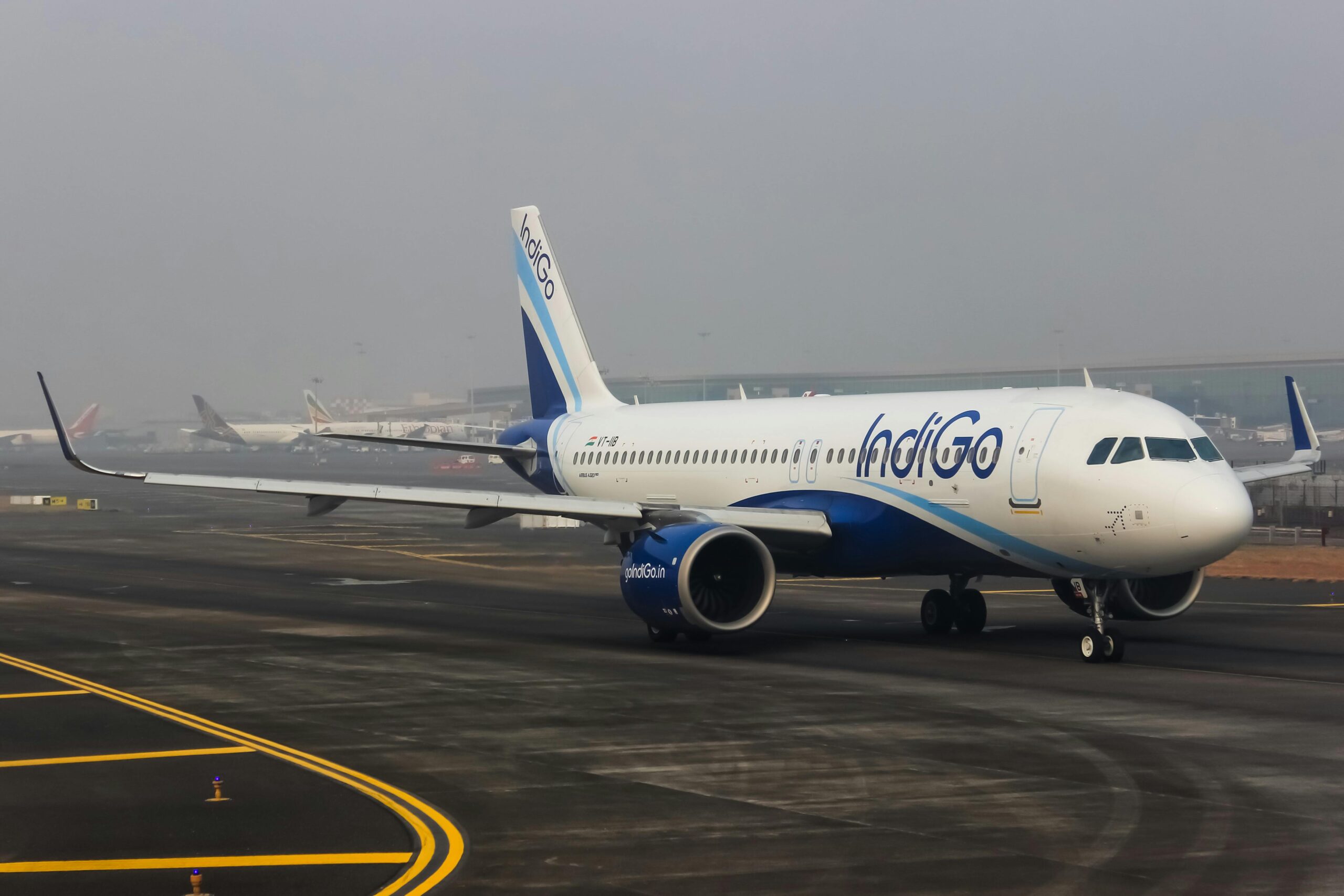
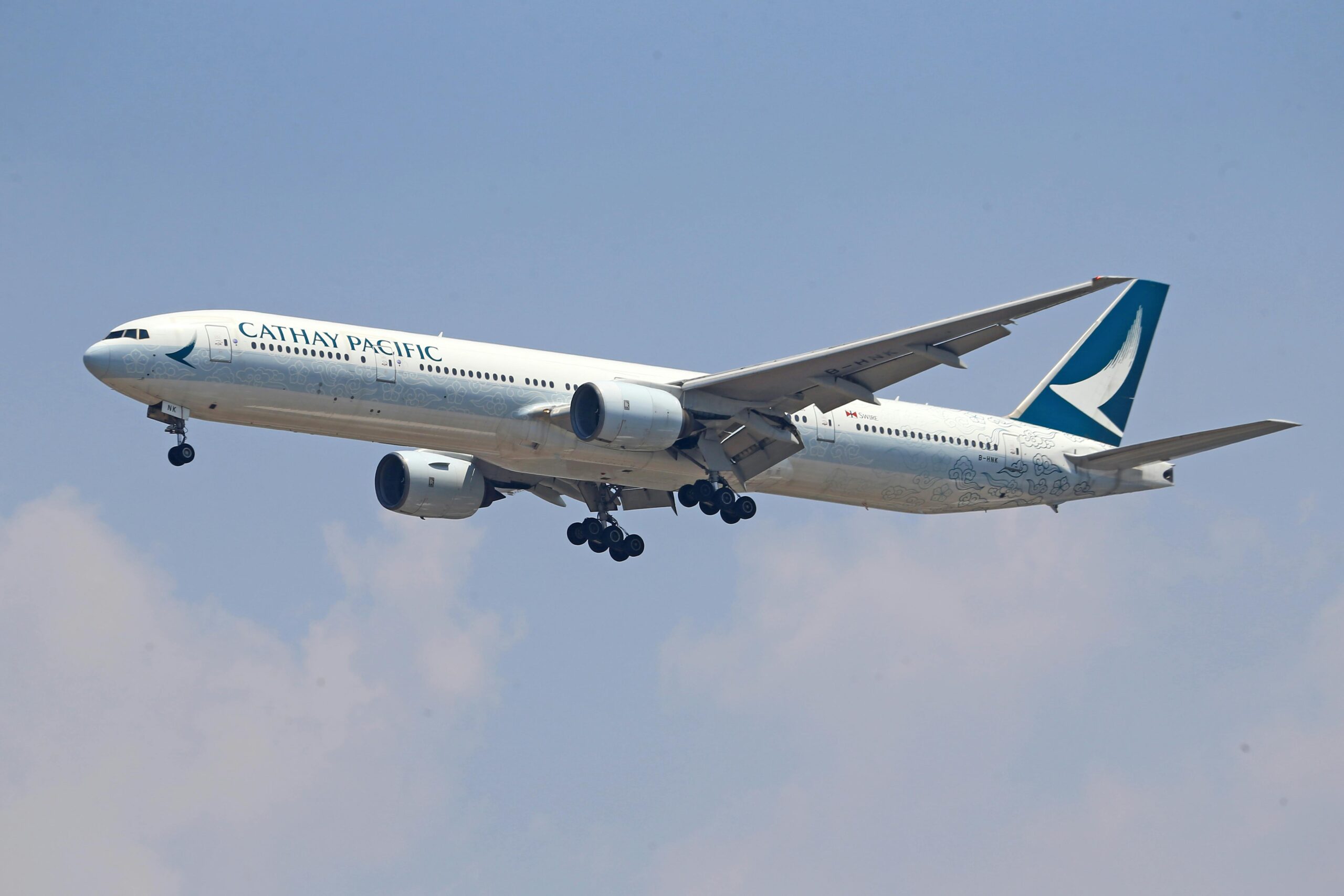

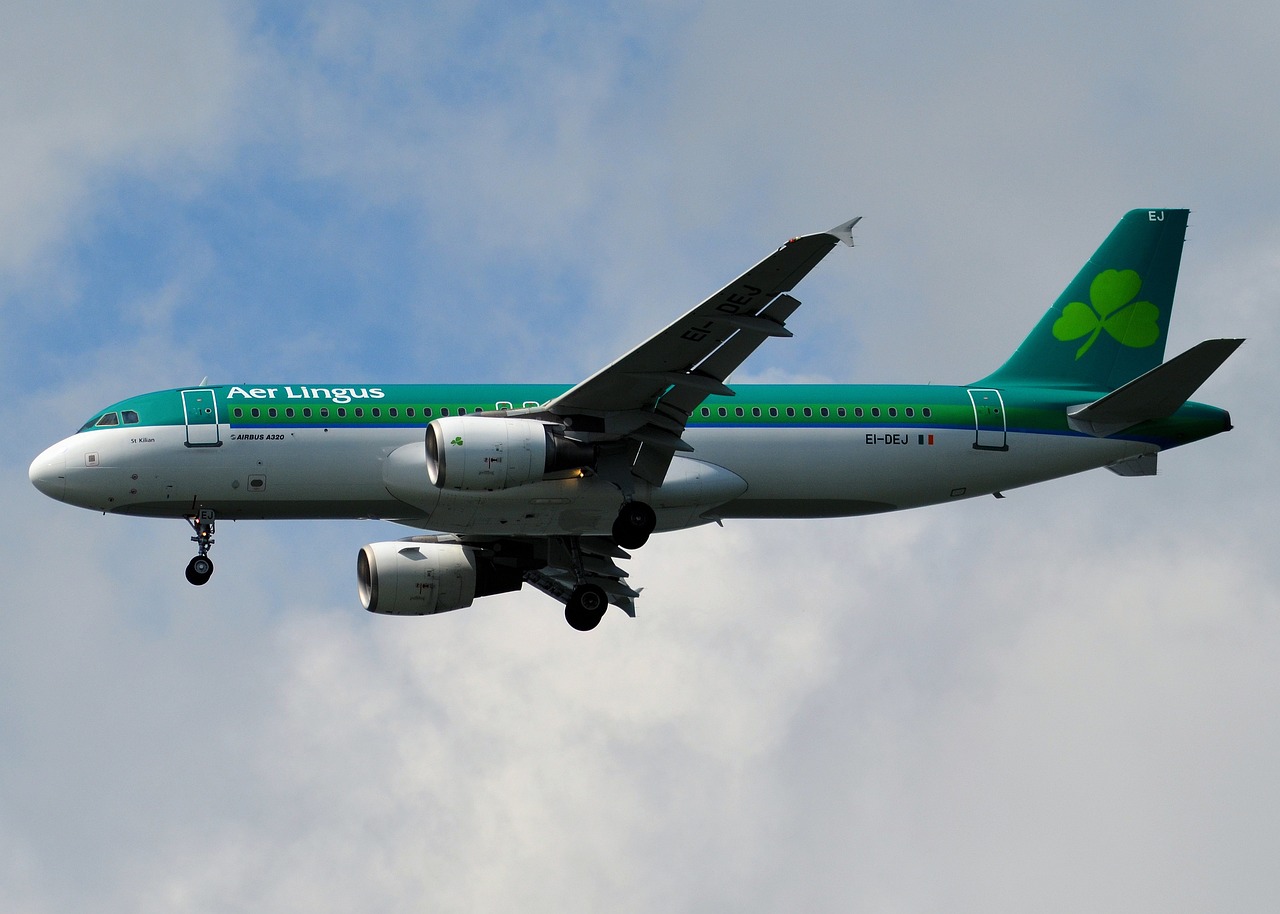
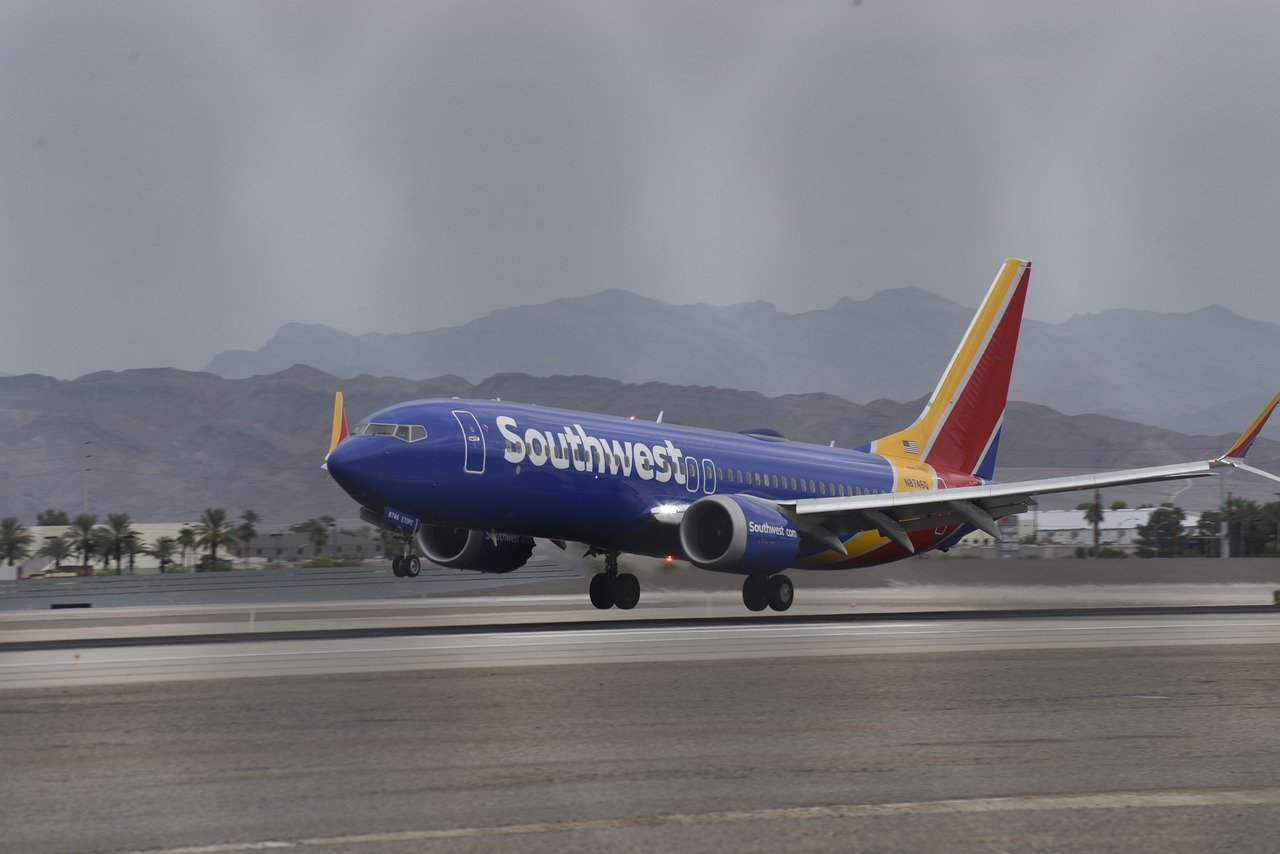




Leave a Reply